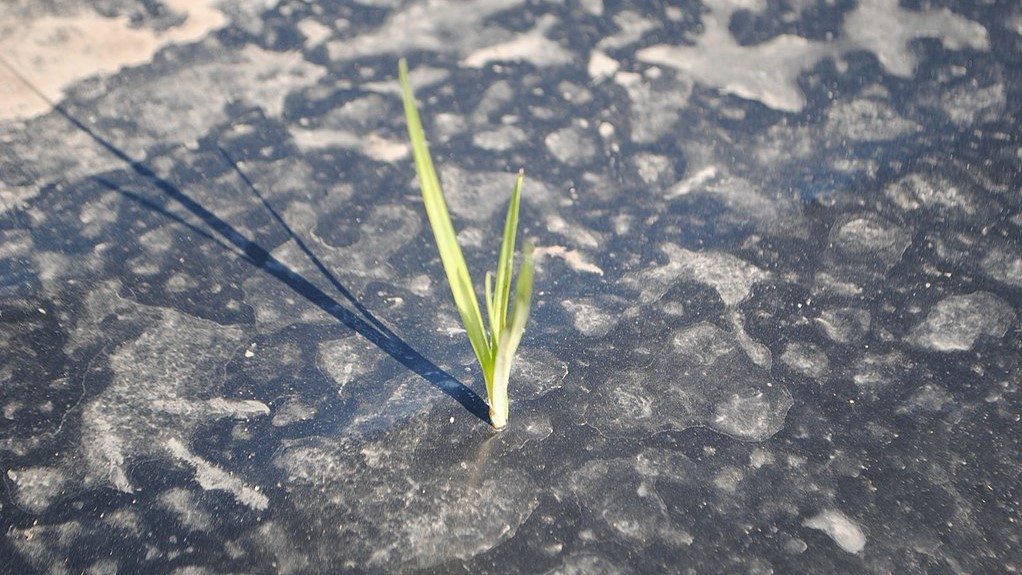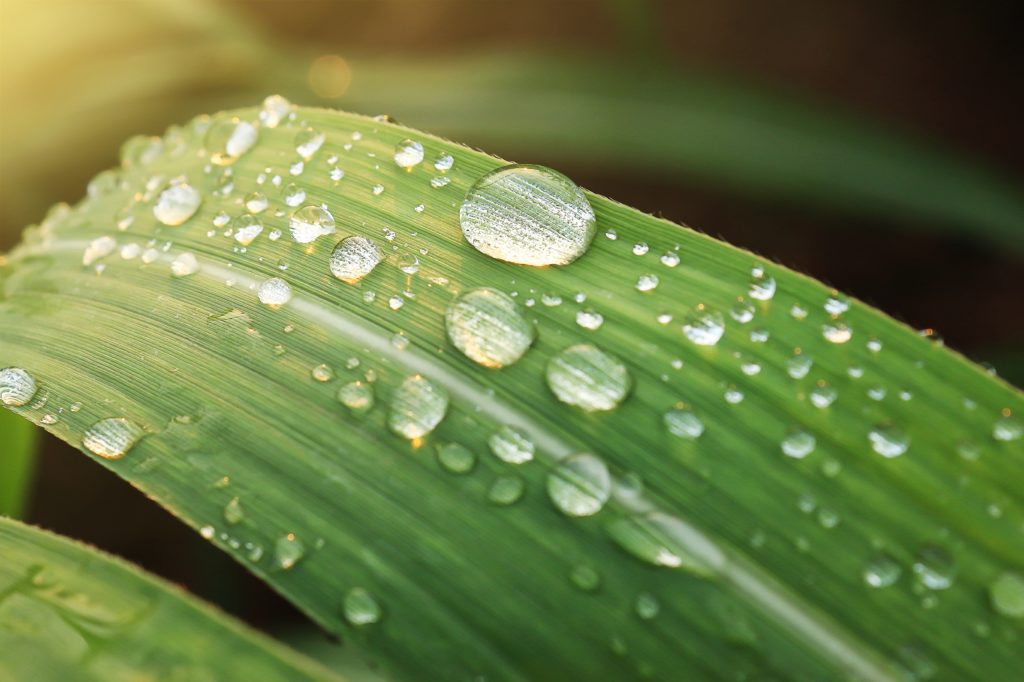Plastic mulch pollution in crop soil may threaten food security
Plastic debris could harm crop health in long term Plastic mulching involves the use of thin plastic sheeting to conserve moisture and boost temperatures in soil. Commonly used in arid, cooler climates such as China, it has been shown to improve crop health and yield. With water conservation becoming an increasing global priority, plastic mulch…
Improving water storage capacity in low-quality soils in sub-Saharan Africa
A recent study published by an international team of researchers has demonstrated how the use of novel water storage technology can improve soil conditions and promote crop production in low-quality sandy soil areas.
Improving food crop yields using blue-green algae
Using specialised carbon-fixing material from blue-green algae, scientists have successfully engineered crop plants to boost photosynthetic productivity and crop yields. This exciting development promises to increase the yield of important food crops such as cassava, wheat and cowpea.
“Our crops have answers”
Kanyumbu village is a compact rural farming village in Lilongwe district in Malawi. Farmers in this village mostly produce maize, beans, and mangoes from a few trees scattered in their fields. In 2013, they received a new service from the Department of Agriculture; a plant clinic, with a plant doctor. They were informed that they…
Can farms maintain productivity while reducing pesticide use?
A new UN report states that it is dangerously misleading to suggest that pesticides are necessary to achieve food security. Instead, the report recommends that farms reduce pesticide use and adopt sustainable practices that protect crops from pests by enhancing biodiversity and natural enemies. This agroecological approach eliminates reliance on, and exposure to, expensive and toxic…
Plantwise 2013 Highlights
As we move into the New Year and all that 2014 has to offer it seems like a good time to review some of the achievements of 2013. Here are a few of the Plantwise highlights of 2013!
Could Food Insecure Africa Have Found a Saviour in Farming God’s Way?
Proponents term it the long awaited messiah that food-insecure Africa has been yearning for! ‘Farming God’s way’ promises to end fertilizer woes of resource-poor farmers in the continent by providing a cheaper and less labour intensive farming method. Food security remains the number one major challenge that citizens across the African continent contend with. While…
Herbicide Resistance Gene In Black-Grass and Rye-Grass Identified
BBSRC (Biotechnology and Biological Sciences Research Council) and Syngenta funded scientists at the University of York and University of Durham have discovered a gene called AmGSTF1 that plays a key role in controlling multiple herbicide resistance in black-grass (Alopecurus myosuroides) and annual rye-grass (Lolium rigidum). Now the gene that confers resistance has been identified, it…
Black Rot Disease Hits Uganda
Vegetable farmers in the Kayunga and Mukono districts of Uganda are reporting crop losses due to black rot disease. One farmer, Twaha Kahooza of Kyampisi village, Kayunga Sub-county, says he had planted four acres of cabbages and was expecting about Shs18m (about £4,500 or US$7,000) from the harvest, however he only managed to get Shs5m…
Agroecology – benefiting farmers around the world
This week, the UK Minister of State for Agriculture and Food, David Heath, has announced his support for the use of agroecological farming methods which are seen as the foundation of sustainable agriculture. The International Assessment of Agricultural Knowledge, Science and Technology (IAASTD) define agroecology as “the science and practice of applying ecological concepts and principles…




